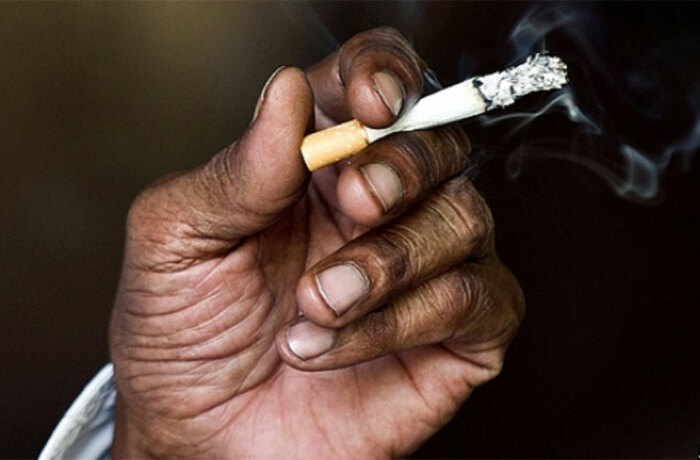'Stop tobacco industry interference in health'
Nov 08, 2016
"We have an ethical responsibility to prioritize people’s health over the industry’s interests."

"The tobacco industry is the single-largest threat to public health in the world," says Dr. Sheila Ndyanabangi, Principal Medical Officer, Mental Health and Substance Abuse Control/ Tobacco Control, for the Ugandan Ministry of Health.
Ndyanabangi is one of the delegates from up for 179 countries convening at the seventh session of the World Health Organization (WHO) Framework Convention on Tobacco Control (WHO FCTC) in India.
The high-level meeting seeks to stop tobacco industry interference in public health policymaking.
"As delegates to the global tobacco treaty, we have an ethical responsibility to prioritize people's health over the industry's interests. Today, we recognize that the most urgent task before us is to protect policymaking from the corrosive influence of big tobacco," said Ndyanabangi.
A 2012 study from the Global Youth Tobacco Survey (GYTS) showed that the prevalence rate of smoking among Ugandan adults aged 15-54 stood at about 25%.
The 2010 Tobacco Atlas also estimated that every year, more than 5, 000 Ugandans are killed by tobacco-caused disease such as include lung cancer, chronic bronchitis and tuberculosis among others.
Against this background, Uganda passed the Tobacco Control Bill on July 28, 2015.
The law among other requirements prohibits smoking in public places including hotels, bars, taxi parks, public transportation vehicles and other outdoor spaces within 50 metres of a public place.
Despite the legal steps to control tobacco use, there have been reports that the industry is still aggressively marketing its products, putting millions of lives at risk.

A November 2015 BCC investigation revealed that the industry was exploiting loopholes to infiltrate treaty meetings and block, weaken and delay outcomes of public health legislation.
"This is decision time. Tobacco industry intimidation of champions of tobacco control in Uganda is just an example of how far the industry will go to thwart life-saving policies in developing countries. At the international level the industry is doing same," says Hellen Neima, a tobacco control activist from Uganda.
At the ongoing FCTC negotiations in India, governments seek to advance life-saving tobacco control measures such as plain packaging and graphic health warnings on tobacco control products.
"With recent wins against Big Tobacco's legal bullying in Uruguay and Australia, we stand at a tipping point for public health," said John Stewart, deputy director with Corporate Accountability International and an accredited observer to the global tobacco treaty proceedings.
"Given the industry's widespread lying, cheating, and outright bribery, governments are ready to act. The global tobacco control community is poised to protect decisions about people's health from narrow corporate interests, and pave the way for a future where Big Tobacco and its bullying are a thing of the past."
Delegates also plan to advance tools to hold the tobacco industry liable such that governments to, among other recommendations, can utilize legal systems to recoup the enormous costs of tobacco-related healthcare coverage.
The global tobacco treaty, known formally as the World Health Organization Framework Convention on Tobacco Control (FCTC) entered into force in 2005. Uganda ratified the WHO FCTC on 20th June 2007 becoming a party to the convention.
To-date, 179 countries and the European Union have become Parties to the treaty. It contains the world's most effective tobacco control and corporate accountability measures—estimated to save more than 200 million lives by 2050 if fully implemented.
